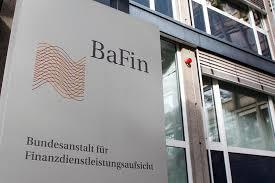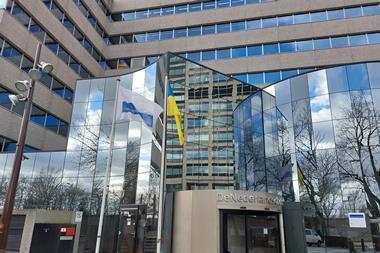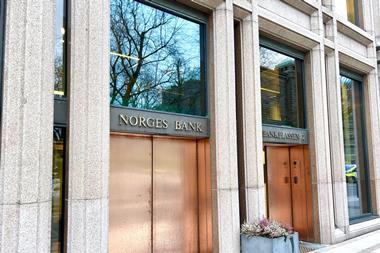Investors across the globe are grappling with cost management challenges amid persistent inflation, heightened ESG requirements and regulatory burdens, a snap poll from investment consultancy Bfinance has found.
Bfinance polled 200 asset owners, including pension funds, insurers and endowments, in 22 countries between 14 and 21 June.
The report – Asset owner survey: Investors’ costs and fees – found decreases in management fees but increases in other costs, including ‘ad-hoc’ asset manager charges and fund servicing, while the challenges of non-transparency and non-comparability remain widespread across many cost components and asset classes, with many investors expressing dissatisfaction.
On a like-for-like basis, 34% of investors reported an increase in fund- servicing costs over the past three years. Bfinance said the low size of these costs, relative to fund management fees, makes this increase more feasible.
Regarding management fees, 46% said these fees have declined. However, nearly one in four have experienced an increase in ad-hoc expenses.
Furthermore, in Bfinance’s report, ESG-related costs and how to charge for them, are widely cited pressure points among investors.
One respondent said: “Sustainability management services have become a must-have and data providers and sustainability advisers are all over the place. Price tags are significant. Perhaps we will see more competition and hence normalising of pricing in the coming five years.”
Some investors have also observed higher ‘market impact’ costs following a period of market volatility and periodic fixed-income liquidity constraints.
Transparency
According to the report, there is a high level of dissatisfaction with transparency across transaction costs for asset owners, with only 27% of investors happy with the transparency of market impact costs and 45% for trading/brokerage expenses.
For costs related to the following asset classes, how satisfied are you with transparency and comparibility?

In contrast, 83% of investors are satisfied with the transparency of management fees, which Bfinance said illustrates stronger adhesion to variable market impact costs.
Even more than cost transparency, the report showed that investors are dissatisfied with cost comparability. Looking at transaction costs, 14% of investors said they are happy with the comparability of market impact costs and 24% said they are happy with trading/brokerage expenses.
This dissatisfaction is also seen across management and performance fees, with 37% and 48% of investors dissatisfied with these respective costs.
Two thirds of investors said they are broadly satisfied with both the transparency and comparability of costs in fixed income, versus just 16% in private markets and 18% in liquid alternatives.
Lack of transparency is a particularly significant problem in private markets, with 44% of investors not satisfied with the current level of cost transparency, the report showed.
Duncan Higgs, managing director and head of portfolio solutions at Bfinance, said: “Although we’ve seen some investors making major strides on the subject of cost management, this report really illustrates how far the investment industry still has to go before it reaches high standards of cost transparency and cost comparability in the eyes of asset owners.”
Higgs, co-author of the report, added that the matter of costs would “likely come under greater scrutiny now that costs in many areas are rising – particularly in fees for fund servicing”, such as custody, audit, legal and various ad hoc charges passed on by asset managers to their clients outside of the management fees.
“We still see real scope for investors to improve value for money, without compromising on strategic goals, in areas such as transaction cost analysis,” he said.
Kathryn Saklatvala, head of investment content at bfinance and report co-author, added: “The data and anecdotal comments throughout this report really illustrate the extent to which investors are now facing cost-additive pressures. This is a real contrast versus the previous decade, when low interest rates, downward pressure on management fees and improved (though still imperfect) transparency helped considerably to reduce like-for-like costs for investors.”
The latest digital edition of IPE’s magazine is now available





















